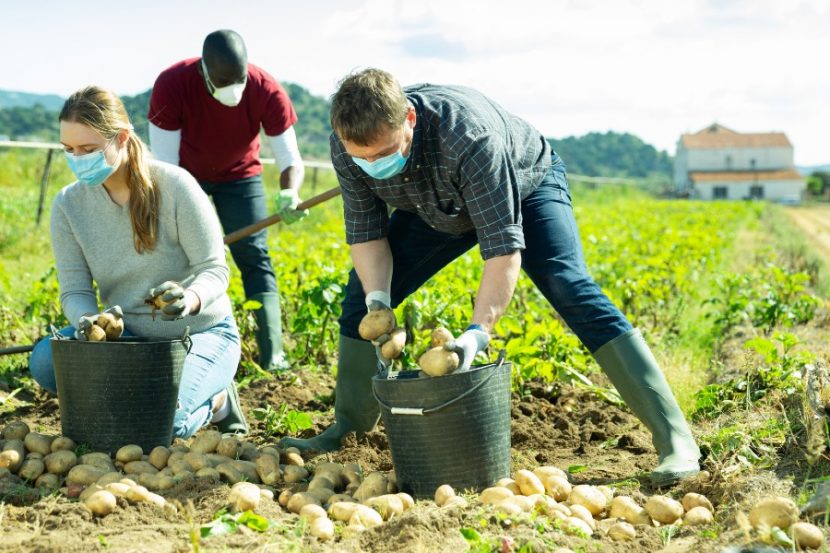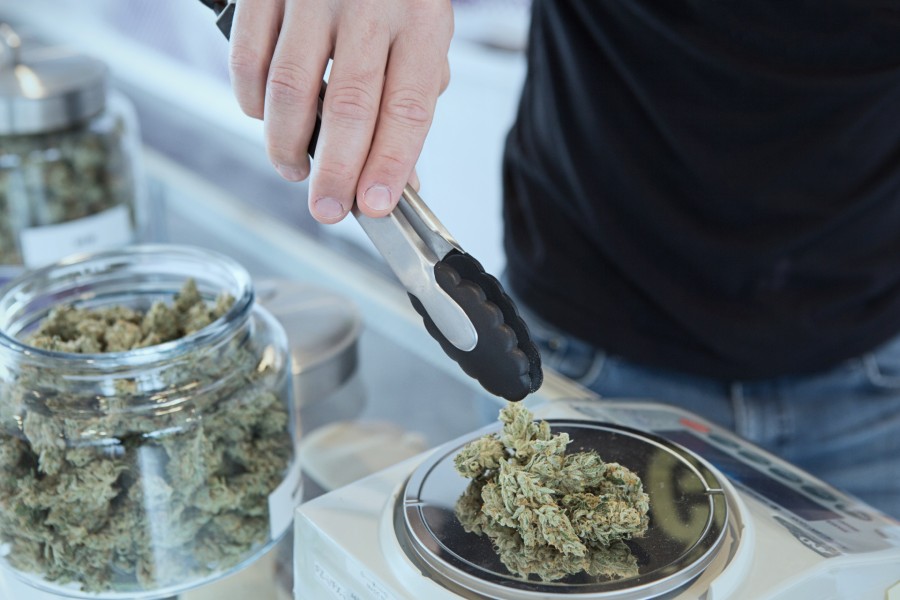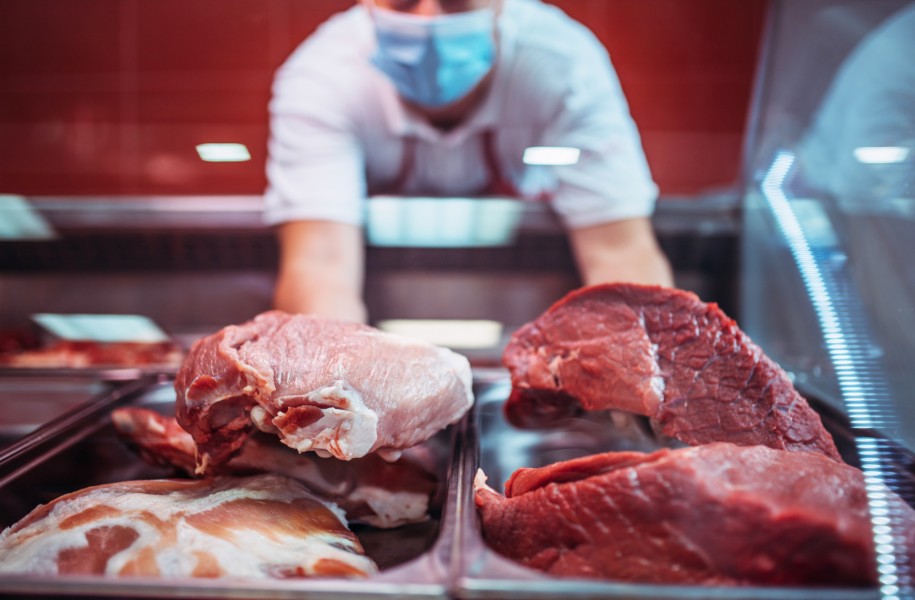Covid-19 Spreads Shade on Growers
By Jeff Hall
COVID-19 has disrupted the global food supply chain and business norms in a manner not experienced for generations. The shock has created challenges in every link along the chain — from primary production through to food service and ultimately to consumers. The produce industry has been uniquely impacted by COVID-19, given the varying perishable nature of each commodity and the complexity of the supply chains involved.
As the pandemic continued to expand, it quickly became apparent that normal practices of produce businesses would have to give way to short-term survival solutions, coupled with long-term planning.
Within the produce sector we have witnessed the resiliency of produce producers, processors, wholesalers and sales organizations. The vagaries of producing a product at the mercy of Mother Nature, with a short shelf life and requiring specialized handling, has always been a challenge. At the same time, this production still requires a significant amount of labour, with increasing demands throughout the growing year and culminating with harvest seasons.
significant concerns about a diminished capacity for harvest is causing farmers to rethink next year’s plantings
In Canada, a significant portion of this labour is provided by foreign workers who, in many cases, have been bringing their knowledge and skills to the same farming operations for years. Initially, the pandemic severely restricted the flow of these essential workers. CPMA worked closely with Government and other organizations to create and implement protocols helping facilitate foreign workers entry into Canada. We also facilitated discussions between industry and Government resulting in the creation of a program to provide financial support for the employers of these workers to help cover the costs of the quarantine period. But even as the number of foreign workers in Canada increases, significant concerns about a diminished capacity for harvest is causing farmers to have to make decisions regarding next year’s plantings. Many considered shifting their focus to less labour-intensive cash crops or reduced acreage of production due to labour shortages.
Terms like social distancing, flattening the curve, quarantine, coronavirus, mitigation, and a plethora of other epidemiological terminology have now infected the global conversation. Businesses and communities can no longer take for granted the in-person social interactions which have long been the basis of business and personal relationships, particularly in the produce sector. Organizations must now put a focus on the health and safety of employees, based not only on the particular job being performed, but as an overall risk mitigation strategy of the business. Office staff are now at-risk employees, along with the forklift operators and production line workers. Personal protective equipment (PPE), hand sanitizers, hand wash stations and plexiglass processing-line dividers have all become required elements that management must plan, budget and incorporate into their everyday considerations.
Science continues to show that ingestion of the virus via food, including fresh fruits and vegetables where many are eaten raw, remains a very low risk according to the Public Health Agency of Canada (PHAC) and the United States Centres for Disease Control and Prevention (CDC).
Employers along the produce supply chain face all of the new challenges other businesses face but must also devise systems to comply with health and safety protocols: outdoors in fields, inside large greenhouses, in packing sheds and along processing lines. Fortunately, the majority of operators are compliant to one of the Global Food Safety Initiative (GFSI) programs or similar food safety systems that put a strong emphasis on personal hygiene, equipment cleaning / sanitizing protocols and employee illness practices. This adherence to standardized, documented systems should hold produce businesses in good stead when adding the personal protective measures which are now required.
In addition to the physical and procedural practices COVID-19 has forced upon the industry, the business continuity challenges have further complicated the situation. Liquidity issues, inventory deficits, labour challenges, transportation delays, and customer and vendor relationships have all been pushed to the limit during this time. Governments have been relatively swift to respond over the last few months, but are still constrained by the regulatory, procedural and, as always, political restraints placed upon them.
The end of this pandemic is likely many months into the future and the virus will remain a threat until an effective vaccine is developed and a significant percentage of the world’s population is vaccinated. The new business norm is becoming entrenched in day to day life and the produce industry will continue to find creative solutions to execute their day-to-day operations while planning for what will inevitably be a different future.
About the Author:
Jeff Hall joined the Canadian Produce Marketing Association (CPMA) in January 2017 as their Food Safety Specialist. He is responsible for files involving food safety, food safety regulations and related issues. He is a member of, or Chairs, various international produce food safety committees and represents the Canadian industry to governments within North America on food safety issues.

-
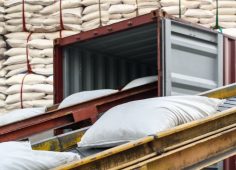 Supply Chain Management
Building a Safer Food System with Smart Supply Chain Strategies
Supply Chain Management
Building a Safer Food System with Smart Supply Chain Strategies
-
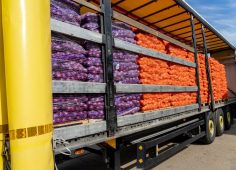 Supply Chain Management
Driving Food Safety: The Role of Transportation Management Systems
Supply Chain Management
Driving Food Safety: The Role of Transportation Management Systems
- Podcast How Blockchain is Transforming the Food Industry: Perspectives from Ali Asgar Abbas, Co-Founder of ProofEasy
-
 Food Safety
The Realities of IPM: Challenges and Solutions for Pest Prevention in Food Safety
Food Safety
The Realities of IPM: Challenges and Solutions for Pest Prevention in Food Safety
- Podcast How Advanced Inspection Technology Can Transform Food Safety: Perspectives from Kye Luker
-
 FeaturedPublic Health
The Silent Invader: Uncovering H. pylori and Its Harmful Risks, Including Foodborne Illness
FeaturedPublic Health
The Silent Invader: Uncovering H. pylori and Its Harmful Risks, Including Foodborne Illness

